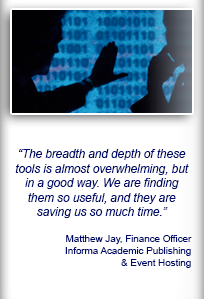Process Improvement Tools.
Standard Work.
Work Instructions.
Flow Chart templates.
Swim Lane Cross Functional Flowchart.
Value Stream Mapping.
Lean tools.
Time Study templates.
DMAIC tools.
Quality Improvement tools.
House of Quality QFD.
FMEA Risk Reduction.
Root Cause Analysis tools.
Problem Solving tools.
OEE.
Preventive Maintenance.
Skip to main content

Installation and Setup
Installation - Each User. Installation - Multi-user. Language Translations. Personalize Your Templates.Systems2win Training.
Quick Start Initial Training. New User Training. Training Matrix. Systems2win Leadership. Training Classes.Lean Training
Lean Training and Coaching. Lean Principles. Muda 8 Wastes. Goal - Lean Flow. Roadmap - Lean Journey. Value Stream Mapping. Standard Work. Hansei Lean Thinking. Lean Dictionary. Online Lean Training. Lean Leadership.Microsoft Office Training
Excel Training. Excel Drawings (without Visio). Excel Charts. Word Training. PDF Training. Document Storage and Naming.Support
Support.Check In
What is a check in?
A brief sharing of things going on in your life that might affect how you interact with others today.
Check In Guidelines
- Accept each speaker's words as a gift. (Don't interrupt, question, analyze, or respond. Just listen.)
- Be concise. (Usually, each speaker will complete his or her thoughts in less than a minute)
- If the leader suggests that everyone check in before starting the agenda items,
then "Pass" is a valid check-in. (Everyone has the right to reticence. )
Purposes of Check In
- To focus on people before focusing on the agenda.
- To provide a transition from "the world out there" to the meeting.
- To provide an opportunity to explain why you might not be fully focused and "present" (e.g. not feeling well, worried about a family member, frustration…)
- To help members become better acquainted with each other, and to learn how to work together better.
Check Out
Meetings can also end with a Check Out — which can also be structured in different ways:
- As an opportunity for group members to express how they are feeling "now" (after competing the meeting)
- As a means to evaluate the meeting (using any evaluation process suggested by the leader or facilitator)
The same guidelines apply to both Check In and Check Out.

















